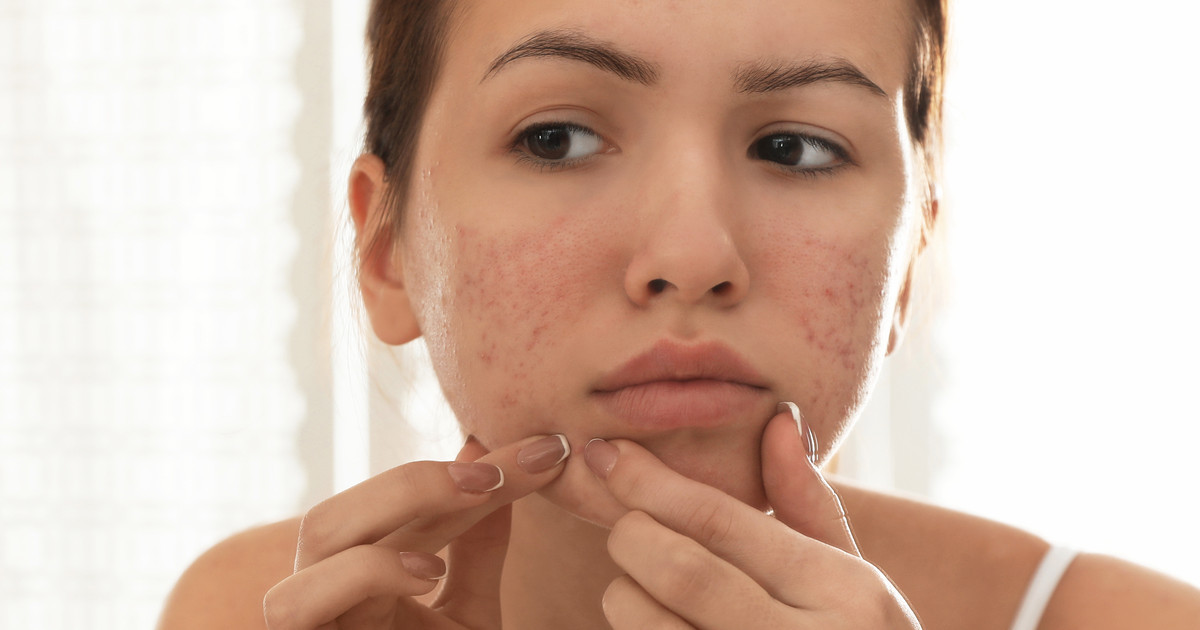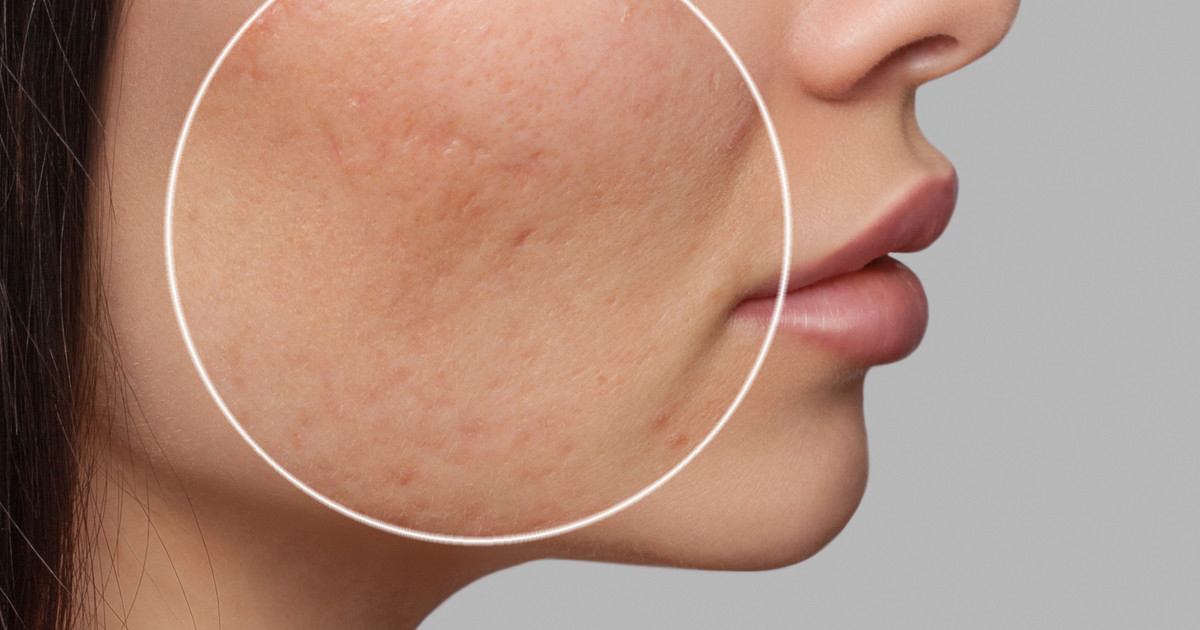What Is Isotretinoin (Accutane)?
Isotretinoin appears to be within the retinoid class. It seems to be offered as an oral prescription. Adult acne patients may take a standard dose based on their weight. This seems to be between 0.25 and 0.5 milligrams per kilogram of their weight. They may take this dose two times in a day. The maximum dose appears to be two milligrams per kilogram. Patients may be able to take this medicine for up to twenty weeks. This may be due to the risk of side effects. These effects seem to be why patients must be on a registry for their treatment. Their doctor may provide close monitoring also.
It seems that isotretinoin is a severe acne treatment. However, individuals may need other acne medications first. An isotretinoin prescription appears to have to meet stringent requirements. Most patients may need to try topical acne spot treatments or home remedies for acne first. Some dermatologists seem to prescribe topical retinoids first also. Although it may also be a strong acne scar treatment, patients appear to need a strong understanding of isotretinoin before receiving it as a treatment for acne first.
How It Should Work
Isotretinoin seems to be a synthetic version of vitamin A. It may be sold under the brand Accutane. Doctors appear to consider it an oral retinoid. This medication should help patients reduce the size of the skin glands that produce sebum. It may also help reduce how much sebum they make. Isotretinoin should also decrease bacteria on the skin. This medication appears to reduce skin inflammation also. Ultimately, this retinoid can dry the skin. The result may be an unfavorable environment for acne.
This prescription may trigger a significant decrease in clogged pores. It should also increase an individual's skin cell turnover rate. Experts seem to believe that it boosts how much neutrophil gelatinase-associated lipocalin the skin makes to achieve this. It appears that this is what kills skin cells in the glands that make sebum. This medication may influence sebum in other ways. This may include blocking MMP-9 action.
Continue reading to reveal possible uses for this medication next.
Possible Uses
The most common possible use for this medication seems to be to treat severe nodular acne. However, it appears to come with some restrictions. Doctors may only prescribe it when patients have not responded to other treatments. This may include antibiotics and other prescriptions. It looks as if isotretinoin can be used in other ways. Some doctors seem to prescribe it for moderate acne if the patient has shown resistance to other treatments. They may use this medication for acne scars too. Individuals whose acne triggers psychological distress may also qualify for this prescription. These instances appear to receive lower doses than severe nodular acne does.
Cutaneous T-cell lymphoma patients may take this medication too. It also seems to prevent squamous cell carcinoma in high-risk individuals. Dermatologists may prefer this medication for certain women at a high risk of skin cancer. These women seem to be in their child-bearing years. The reason appears to be because this medicine has a shorter half-life than others.
Learn about the potential side effects next.

